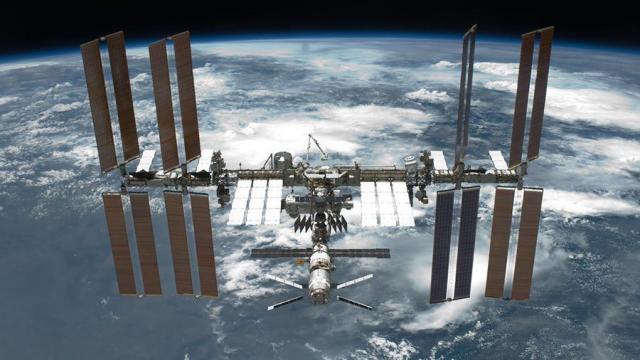Russia is considering the possibility of transferring its segment to the International Space Station (ISS) The United States after 2025. This was announced on April 21 by the head of the state corporation "Roscosmos" Dmitry Rogozin.
Rogozin noted that negotiations are currently underway with the National Aeronautics and Space Administration (NASA).
"There are certain mutual obligations, without which the station cannot exist. We will transfer responsibility for our segment to our partners, or we will perform the tasks that are necessary to maintain the station on a commercial basis, and not at the expense of our budget," Rogozin said during a meeting with journalists.
Rogozin noted that the station itself is unified, but the energy supply to the ISS is largely supported by the American segment, and the issues of orbit adjustment are related to the capabilities of Russian cargo ships.
"If we say that we are starting to withdraw from the project, realizing that it further limits our opportunities for the development of manned space? and if we want our own national station, it should be conducted in a civilized manner, " Rogozin said.
Earlier in the day, the head of Roscosmos said that the scientific and energy module (NEM), which was created for the ISS, will be redesigned for use on the new Russian space station. He noted that Russia has decided to build a new space station on its own, because this is the only way it can be done well. According to Rogozin, the main part of the payload will be placed not inside, but outside.
A day earlier, Rogozin said that the launch of the first base module for the new Russian space station should be provided in 2025.
On April 18, Russian Deputy Prime Minister Yuri Borisov announced Moscow's plans to withdraw from the ISS project from 2025 and start creating its own space station.
The ISS was put into orbit in 1998, and two years later the first astronauts settled on the station. The participants of the international project are 14 countries: Russia, the United States, Japan, Canada and the European Space Agency members Belgium, Germany, Denmark, Spain, Italy, the Netherlands, Norway, France, Switzerland, and Sweden. The station will expire in 2024. In November, it became known about plans to extend its operation until 2030.

